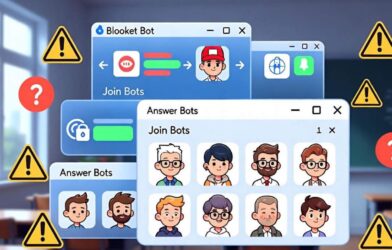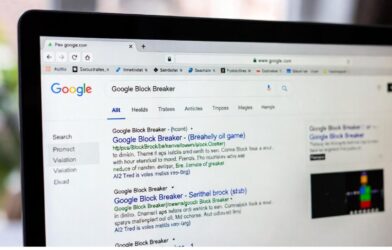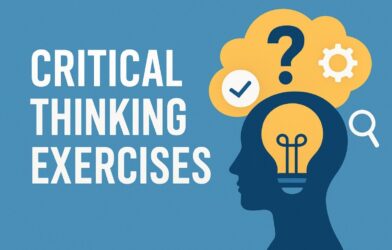In the landscape of governance, efficiency isn’t just a buzzword; it’s a necessity. The ability of government agencies to deliver services promptly and effectively directly impacts citizens’ lives. However, the sprawling bureaucracy often associated with government can sometimes impede efficiency. In this blog post, we’ll explore various strategies that can enhance efficiency in government operations, ensuring that public services are delivered in a timely and effective manner.
Embrace Technology:
One of the most effective ways to enhance efficiency in government operations is through the strategic implementation of technology. From digital document management systems to AI-powered analytics for decision-making, technology can streamline processes, reduce paperwork, and eliminate bottlenecks.
For instance, electronic filing systems can drastically cut down on the time and resources spent on managing physical paperwork, allowing government employees to focus more on delivering services to citizens.
Data-Driven Decision-Making:
Governments collect vast amounts of data in various forms, ranging from demographic statistics to service utilization trends. Leveraging this data through analytics can provide valuable insights for decision-making.
By understanding citizens’ needs and preferences, government agencies can tailor their services more effectively, allocate resources efficiently, and identify areas for improvement. Data-driven decision-making also enables governments to anticipate and mitigate potential issues before they escalate, leading to better outcomes for citizens.
Process Optimization:
Numerous government procedures are encumbered with bureaucratic obstacles that hinder prompt service delivery. Enhancing efficiency entails streamlining and optimizing these procedures, which may entail overhauling workflows, eliminating unnecessary steps, and standardizing protocols across various departments.
Process optimization not only accelerates service delivery but also diminishes errors and boosts transparency, thereby nurturing trust between government agencies and citizens. Moreover, in locations like St. George, Utah, managed IT services can further bolster efficiency by providing technological solutions tailored to the specific needs of government operations.
Collaboration and Partnership:
Government agencies often operate in silos, leading to duplication of efforts and inefficiencies. Encouraging collaboration and partnership among different departments and levels of government can break down these silos and create synergies.
By sharing resources, expertise, and best practices, government agencies can achieve more together than they could individually. Public-private partnerships can also play a crucial role in delivering services more efficiently, leveraging the innovation and efficiency of the private sector.
Citizen Engagement and Feedback:
Citizens are the ultimate stakeholders in government operations, and their input is invaluable for improving efficiency. Engaging citizens through feedback mechanisms, surveys, and public consultations can provide valuable insights into their needs, expectations, and satisfaction levels.
By listening to citizen feedback and incorporating it into decision-making processes, government agencies can ensure that their services are aligned with citizens’ priorities and preferences, ultimately enhancing efficiency and effectiveness.
Investment in Training and Development:
The effectiveness of government operations is heavily dependent on the skills and competencies of its workforce. Investing in training and development programs for government employees can enhance their capabilities, improve job satisfaction, and ultimately boost efficiency.
Training programs can focus on developing technical skills, fostering innovation and creativity, and cultivating a customer-centric mindset. By equipping employees with the tools and knowledge they need to excel in their roles, government agencies can deliver services more efficiently and effectively.
Continuous Improvement Culture:
Achieving and sustaining efficiency in government operations requires a commitment to continuous improvement. Government agencies should cultivate a culture that encourages innovation, experimentation, and learning from both successes and failures. Implementing systems for monitoring and evaluation can help identify areas for improvement and track progress over time.
By continuously striving to optimize processes, enhance service quality, and adapt to changing needs and circumstances, government agencies can ensure that they remain efficient and responsive to citizens’ needs.
In Conclusion
Enhancing efficiency in government operations is essential for delivering timely and effective services to citizens. By embracing technology, leveraging data, optimizing processes, fostering collaboration, engaging citizens, investing in training and development, and fostering a culture of continuous improvement, government agencies can achieve greater efficiency and effectiveness in their operations. Ultimately, this translates into better outcomes for citizens and a more responsive and accountable government.
Read More Articles: How to Maximize ROI on Your Rental Property?















Comments are closed